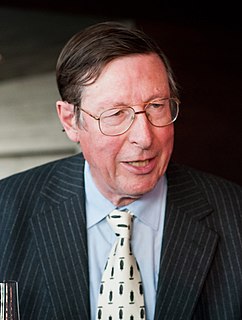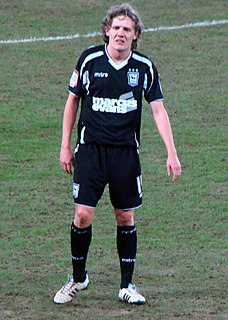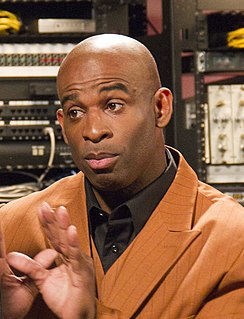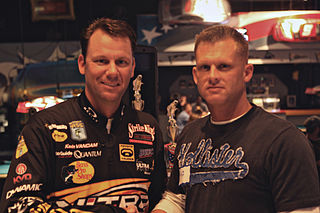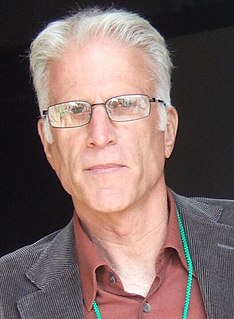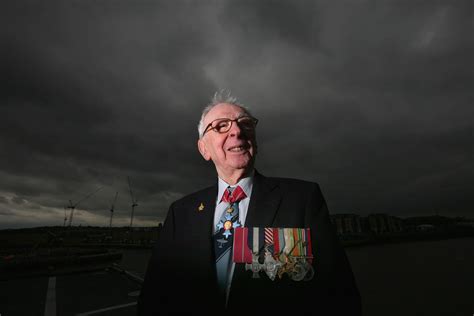A Quote by Max Hastings
When I am fishing, I think quite a lot about the fish, but I also think about the book I'm writing.
Related Quotes
Personally I am very fond of strawberries and cream, but I have found that for some strange reason, fish prefer worms. So when I went fishing, I didn’t think about what I wanted. I thought about what they wanted. I didn't bait the hook with strawberries and cream. Rather, I dangled a worm or grasshopper in front of the fish and said: "Wouldn't you like to have that?" Why not use the same common sense when fishing for people?
I think the reason why we got into such idiocy in investment management is best illustrated by a story that I tell about the guy who sold fishing tackle. I asked him, "My God, they're purple and green. Do fish really take these lures?" And he said, "Mister, I don't sell to fish." Investment managers are in the position of that fishing tackle salesman.
[Writing is like fishing]. You don't bow because you made the fish. That's the difference. If you know that, then you bow for your labor.You crafted, you worked, you put in those hours so that you could catch that fish. But you didn't make that fish. You just caught the fish. That will help you stay humble and bow for the right reason and be very lucid about the work you do.
But I think writing should be a bit of a struggle. We're not writing things that are going to change the world in big ways. We're writing things that might make people think about people a little bit, but we're not that important. I think a lot of writers think we are incredibly important. I don't feel like that about my fiction. I feel like it's quite a selfish thing at heart. I want to tell a story. I want someone to listen to me. And I love that, but I don't think I deserve the moon on a stick because I do that.
I think if somebody is so set in their ways about what they feel about something - and you get this a lot in academia, of course, and also different sorts of journalism too - you're going to sweep under the carpet the facts that don't suit your thesis. And I think that happens quite a lot in the courtroom, for instance.
The biggest danger we face is overfishing. We literally could fish out our oceans, some scientists believe, in the next 40, 50, 60 years. We are fishing out the top of the food chain, and it's pretty crucial because about 200 million people depend on fish and fishing for their livelihood, and about a billion people, mostly in poorer countries, depend on fish for their protein. So this is a big problem. Good news is, it's fixable.
